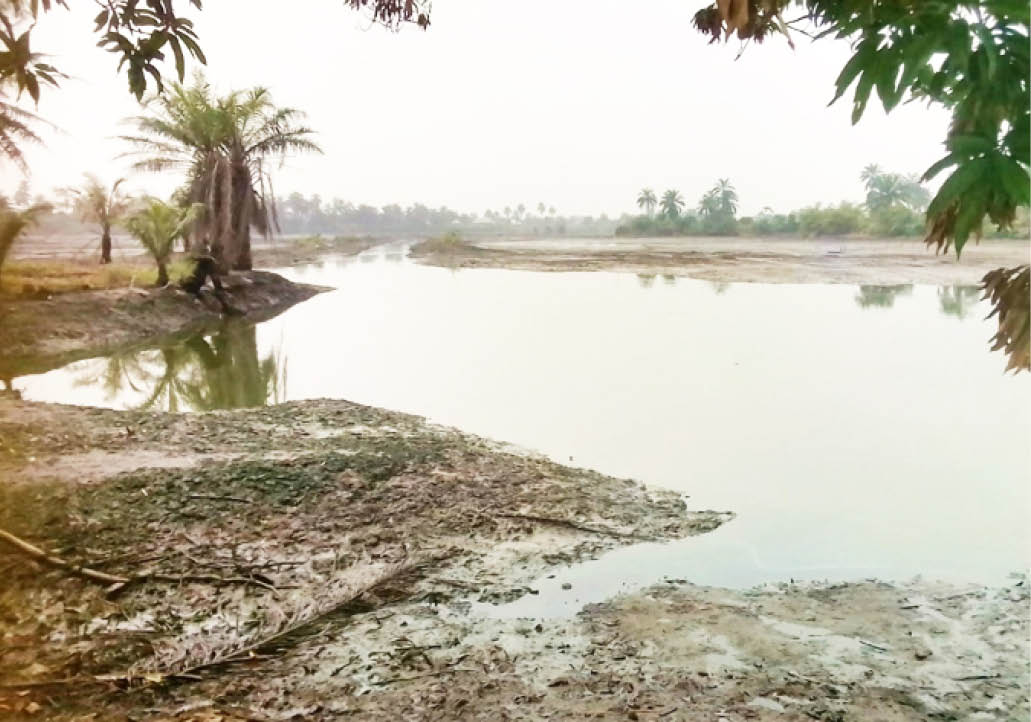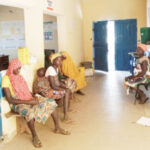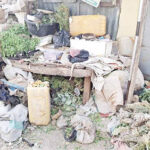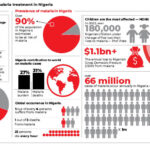The poor and marginalised were less likely to have clean water and sanitation, according to a UNESCO report.
The UN released its annual World Water Development Report on Tuesday, highlighting that no fewer than 2.1 billion people globally currently lack access to clean and continuously available drinking water.
The report says an even larger number, 4.3 billion; do not have access to safe sanitation facilities.
“Improved water resources management and access to safe water and sanitation for all is essential for eradicating poverty, building peaceful and prosperous societies.
“Ensuring that ‘no one is left behind’ on the road towards sustainable development is key,” said the 2019 UNESCO report.
With its title, “Leaving No One Behind’’, it says a future of increased water scarcity is foreseeable, warning that this will have negative effects on the global economy.
By the year 2050, 45 percent of global gross domestic product and 40 percent of global grain production will be threatened by environmental damage and lack of water resources, the report said.
The report’s editor-in-chief, Mr Rick Connor, said that in cities, rich homes with piped water than poor people living in slums, who often had to buy water from trucks, kiosks and other vendors, spending roughly 10 to 20 times more.
“The misperception is that they don’t have water because they can’t afford it — and that is completely wrong”, Connor told the Thomson Reuters Foundation.
Half of the world’s population with inadequate access to safe drinking water lives in Africa. More strikingly, only 24 percent of the population in sub-Saharan Africa has access to safe drinking water.
According to the WHO, no fewer than 1,000 children die daily from water related diseases, with women and girls spending 40 billion hours yearly collecting water and managing household water needs, rather than attending schools or earning an income for their families. (NAN)

 Join Daily Trust WhatsApp Community For Quick Access To News and Happenings Around You.
Join Daily Trust WhatsApp Community For Quick Access To News and Happenings Around You.


